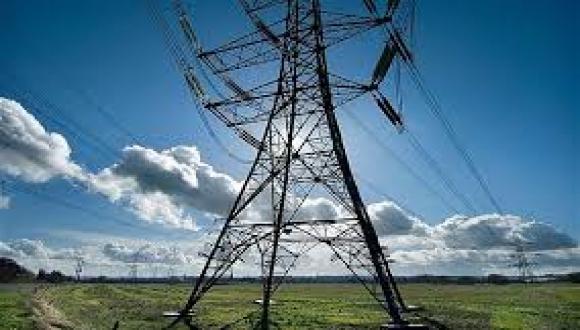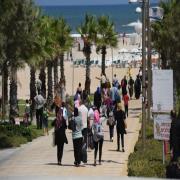Mutual Learning of Energy and Climate Policies in Israel and Germany
Précis
Précis
We propose to conduct a series of studies designed to ascertain opportunities for capacity building in the areas of energy policies, climate change mitigation and adaptation in Israel, based on policy paradigms and best practices accrued in Germany during the last two decades. The proposed studies will also identify prospects for mutuallearning, i.e. whether German climate policy can benefit from experiences, progress and barriers encountered by Israeli policymakers.
The studies are designed to allow a comparative evaluation of institutional capacities, stakeholders, communication networks, and policy processes in the two countries. Our objective is to identify the factors and dynamic processes that render energy and climate policymaking effective, those that constitute barriers to constructive policymaking, and to examine comparatively how these barrier are or can be surmounted.
Such comparative research and inferences are especially important for policy learning in Israel, as the countryis still at the starting point of instituting effective energy and climate change policies. The potential benefits of learning from policies employed by Germany, which has accumulated extensive experience of policymaking and implementation in these areas, are self-evident. Germany's energy and climate policy is mature, intensively studied and extensively documented, and already emulated by other countries. It is therefore likely to suggest at least some of the guiding principles for the adoption and adaptation of effective energy and climate policies in the Israeli context.
The regional aspect of scientific and policy cooperation and of comparative research on energy and climate policies is equally important. Climate change is global, and its effects are regional, not national; and it already has a noticeable impact on common resources such as water. We propose to launch e regional module of the study first with the parties to peace agreements (Israel, Jordan, Egypt), and with the Palestinian Authority; if other countries in the region can be engaged later, this would significantly upgrade the level of coordination and cooperation.
The studies will be conducted in three modules, climate change mitigation, adaptation, and regional climate and energy policies, all concentrating on three aspects of capacity building (legal and institutional infrastructures, public-private partnerships, and the role of civil society and scientific institutions), and all three incorporating workshops that engage all stakeholders in energy and climate change policies.
Timeline: Three Modules of Studies of Capacity Building
Climate change mitigation
Climate change mitigation Climate change adaptation
Year 1------------------------------------------------------------------------------------------------------------------------------>
Climate change mitigation Climate change adaptation
Climate change adaptation Regional climate policies
Year 2------------------------------------------------------------------------------------------------------------------------------>
Regional climate policies
Year 3------------------------------------------------------------------------------------------------------------------------------>
investigators of the Israeli and the German component of the comparative study, respectively. In the future, additional scientists from the School of Environmental Studies (PSES) at Tel Aviv University and the Environmental Policy Research Centre (FFU) at the Freie Universität Berlin,as well as from other academic institutions, may join the PI's to address additional related and relevant research questions, such as renewable energy options and their feasibility, emission inventories and monitoring, mechanisms of funding the abatement of emissions and adaptation to climate change, consumer behavior and voluntary participation, etc.
Collaboration: Miranda Schreurs, Environmental Policy Research Centre (FFU), Free University Berlin






